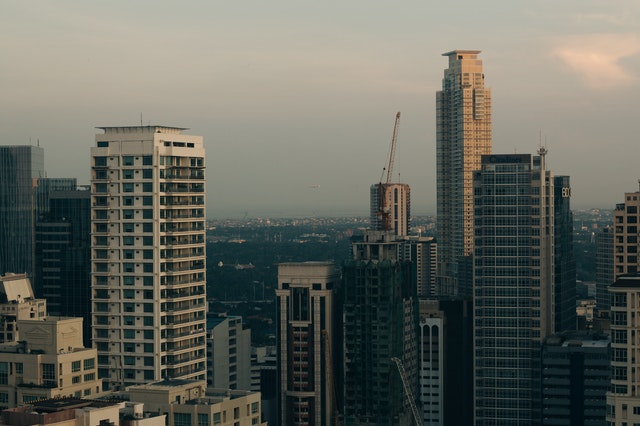
THE Philippines is expected to lag behind Asian neighbors in recovering from the pandemic-induced recession, according to international think tank Moody’s Analytics.
In a recent report, Moody’s Analytics chief economist Steven Cochrane said that the Philippines, along with India, will struggle to regain all of its lost output by the end of 2022, while other economies in the Asia Pacific (APAC) region will reach the benchmark by the end of this year.
“India and the Philippines will struggle due to their deep recessions and the uncertain fiscal support of their policymakers,” said Cochrane.
Moody’s Analytics expects the country to regain its momentum by the fourth quarter of 2022, while India is forecasted to recover by the first quarter of next year.
China, Taiwan, and Vietnam have already recovered in the second and third quarters of 2020. Hong Kong is predicted to recover by the first quarter of this year, while South Korea, Indonesia, and Australia will rebound by the second quarter of this year, followed by Thailand by the third quarter of this year.
Moody’s Analytics projected the Philippine economy to rebound with a gross domestic product (GDP) growth of 4.5 percent in 2021 and 6.2 percent in 2022 after a 9.9 percent contraction in 2020. This is in contrast with the Philippine government’s expectation of a 6.5 percent to 7.5 percent GDP growth this year.
Cochrane noted the Philippines’ lack of commitment to fiscal stimulus, which is a factor in the think tank’s forecast.
“Malaysia, Singapore, Australia, Japan and Thailand stand out in terms of the amount of fiscal stimulus… Japan has approved an additional $708 billion stimulus speeding plan for 2021… Singapore and Malaysia are expected to continue fiscal support, and Indonesia’s central bank is committed to provide interest-free funds to the government for targeted fiscal spending at least through mid-2021,” he said.
“India and the Philippines are the least committed to fiscal stimulus, even though they were the two most hard-hit economies from COVID-19 and their subsequent lengthy and strict quarantine policies,” he added.
Cochrane also pointed out that the Philippines lags behind its APAC neighbors in procuring vaccines.
“While behind North America and Europe, most of the larger Asia-Pacific countries have secured enough doses at this point to vaccinate roughly 75 percent of their populations.
An important exception is the Philippines, which has made little progress so far,” he said.
‘Worst is over’
Malacañang, for its part, vowed to prove the Moody’s Analytics report wrong, saying the country’s economy is on track to recover this year.
“Huwag po kayong mag-alala (Do not worry) the worst is over – sabi nga nila (As they say) we’ve hit rock bottom and the only way to go is up,” said Presidential Spokesperson Harry Roque in a press briefing.
“Huwag kayong mag-alala (Do not worry) we will disprove that forecast wrong. At ito po ang dahilan kung bakit nagbubukas tayo ng ekonomiya at palaging sinasabi sa ating mga kababayan: Pag-ingatan ang buhay ng tayo po’y makapaghanapbuhay (This is the reason why we are opening the economy and telling people to take care of their health so they can go to work),” he added.
According to Roque, Philippine Finance Secretary Carlos Dominguez exercised prudence with regard to loans intended for COVID-19 response.
“Kung talagang kinakailangang umutang, uutang pa tayo para gastusin; ito po iyong tinatawag nilang fiscal policies. Pero sa ngayon po, I think mas prudent po ang ginawang approach ni Secretary Dominguez na hinay-hinay ang pangungutang, hinay-hinay ang paggagastos (If we need to borrow, we will borrow funds. It’s what they call the fiscal policies. But for now, I think Secretary Dominguez has taken a more prudent approach when it comes to borrowing and spending),” he said.
“Huwag po nating gastusin ang ating salapi lahat-lahat ‘no na hindi natin alam kung kailan matatapos itong pandemyang ito (Let’s not spend all our money especially since we don’t know when this pandemic will end),” the spokesman added. (Ritchel Mendiola/AJPress)






